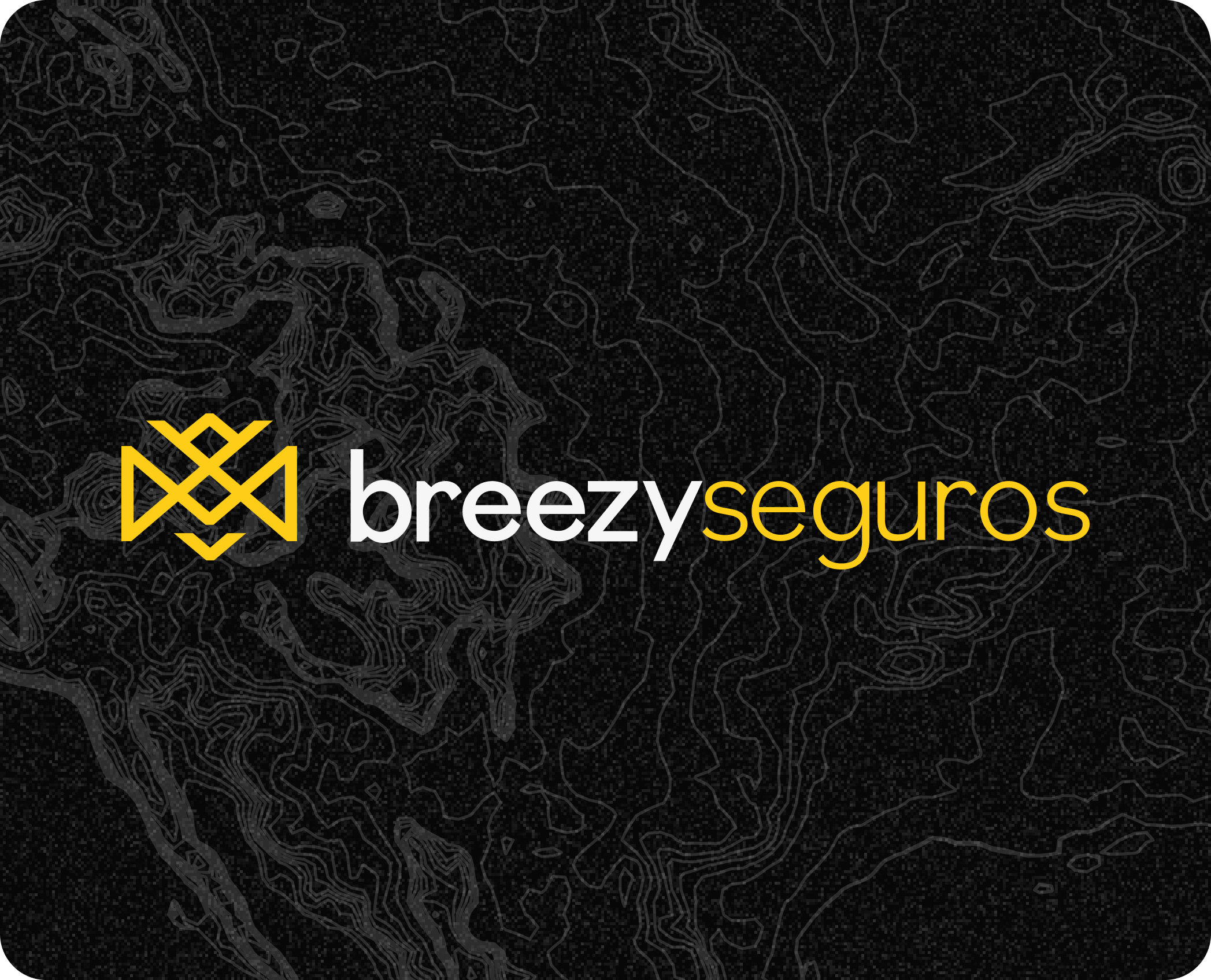Have you taken out a mortgage or are planning to and find yourself wondering if you will need homeowners insurance? Still unsure of all the terms, requirements and rights that you have to deal with? You have the questions, and Breezy Seguros has the answers.
Escrow Account
If your homeowners insurance policy is linked to a mortgage, the insurance fees may be included in the mortgage installments. For this you need escrow, which is a guarantee.
How does it work? Well, when you pay off the mortgage, a portion of the total payment is set aside in your escrow account to pay home insurance and property taxes (and mortgage insurance, if the lender requires it). Insurance and property taxes are then automatically paid from the escrow account when they are due.
Do I have to pay home insurance via escrow?
As we’ve said before, mortgage lenders are more interested in protecting property than the owners themselves. This is because they know very well the risks of property ownership and want to be sure the house remains intact through the end of the loan. And, of course, that you are able to pay the loan back until the end.
However, lenders are most interested in using this type of collateral because it ensures that insurance payments are made on time without interruptions in coverage.
The decision on how to pay for the insurance will take place during mortgage negotiations and will depend on the lender you choose.
Do I have to make home insurance payments from time to time?
If you do not pay via escrow but directly to the insurance company, you will have more freedom in the form and frequency of payment. In this way, it can be monthly, quarterly, semi-annually or annually, according to your agreement when purchasing the insurance.
If your lender requires you to have an escrow account, payment for the insurance is usually made annually.
How is homeowners insurance paid?
Homeowners insurance can be paid through an escrow account or directly by you to your insurance company. An escrow account is a type of lender-managed savings account that sets aside money for things like home insurance and property tax payments. With an escrow account, homeowners insurance will be paid annually. If you don’t have an escrow account, you can choose to pay your home insurance monthly, quarterly, semiannually or annually.
What if my lender doesn’t pay my insurer on time?
Even if you make your payments on time, it’s always a good idea to be on your toes. If your mortgage lender makes a mistake and doesn’t pay the insurer, contact the lender immediately.
Section 6 of the Real Estate Settlement Procedures Act (RESPA) requires mortgage lenders to make escrow account disbursements on time. If they don’t, you can file a lawsuit against them under Section 6.
If your creditor does not resolve a payment issue, you can file a complaint with HUD, the Consumer Protection Office, or the State Attorney General’s Office. You can also speak to a litigation attorney.
Why is that so important? Since your insurance installments are not being paid, the insurance company can suspend your policy and if anything happens during this period, the property owner is responsible for the cost of damages.
If my homeowners insurance premium gets cheaper, will my escrow payment go down?
Let’s say you decided to review or renew your policy so you have a chat with Breezy Seguros, and our agents do what they do best and find a more interesting (and cheaper) policy than what you had before. Does this mean that your payments will also decrease?
In that case, the first thing to do is to notify your mortgage lender. Bear in mind that cheaper homeowner insurance does not necessarily mean that the total payment to your escrow account will be lower. After all, the account doesn’t just pay for insurance; the mortgage or property tax payments can independently increase and offset the lower premium.
Do I need to switch insurance if I refinance the property?
You can usually stay with the insurance company you are with. However, your new lender may have new coverage requirements, and you may need to renew your insurance policy as well. Be sure to ask this question in your search for a new mortgage lender, so that you don’t have to worry about it in the future.
After all, along with changing requirements, you may have an increase in the value of your insurance and refinancing may not actually result in the financial benefits you expect.
I finally paid off my mortgage, should I keep my homeowners insurance?
Absolutely! Homeowners insurance is not a mere formality; it is requested by lenders precisely to ensure that your home will continue to be worth the financed amount. Once your payment is paid, the insurance will protect your equity, which is now 100% yours. All appreciation and depreciation, as well as all losses in any claim, will be 100% yours.
Not to mention, of course, that homeowners insurance not only covers your house, but also all your belongings, your civil liabilities and even your expenses in case you need to leave the house for a while.
Homeowners Insurance guarantees that your home is always protected, wherever you are. It is comfort and support in case of damage caused by weather, fire, or theft. It’s the peace of mind you need to pursue your goals.








